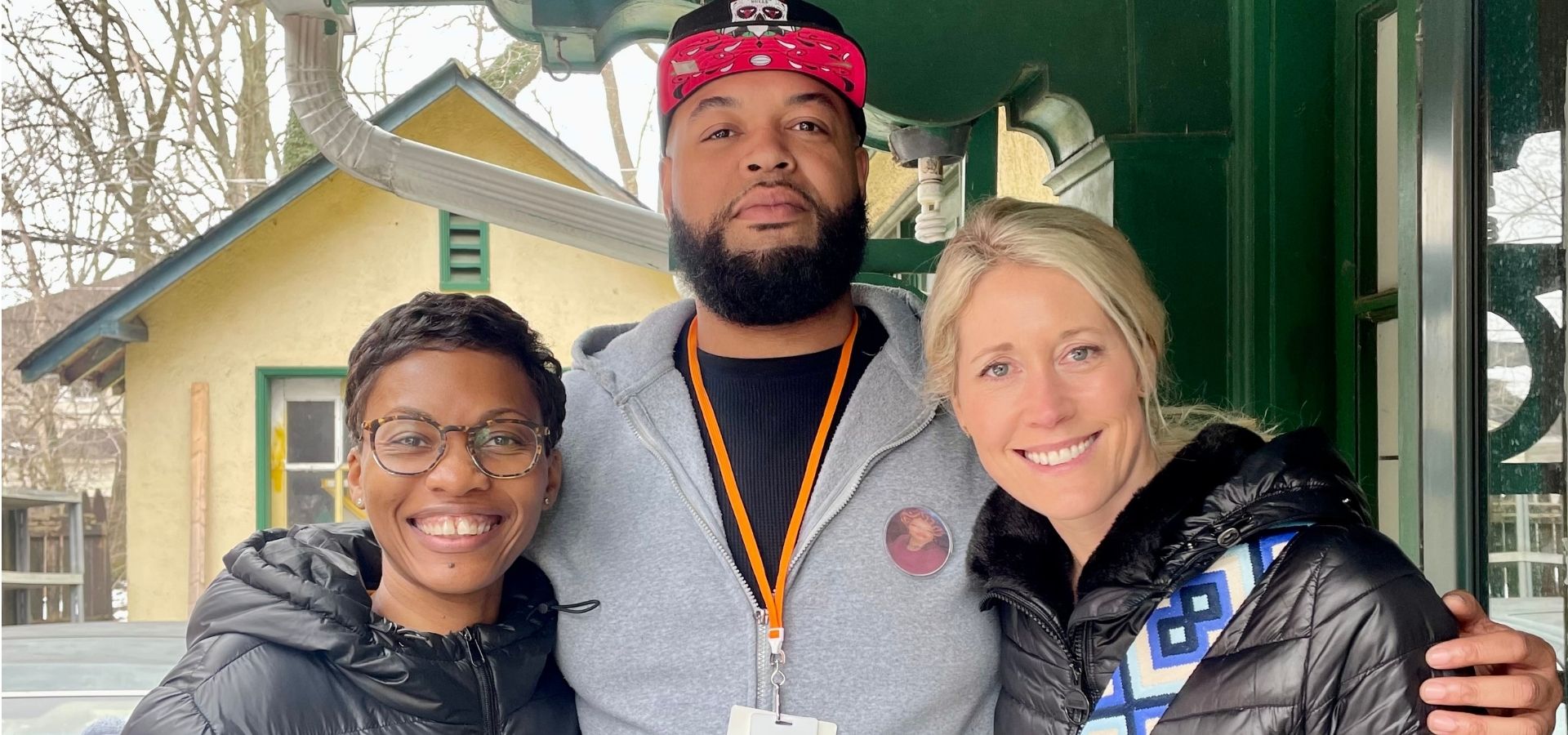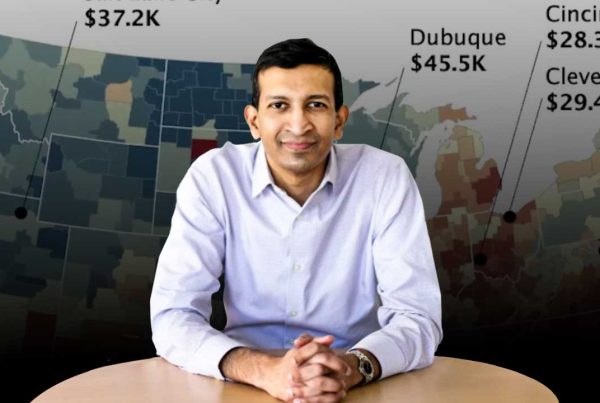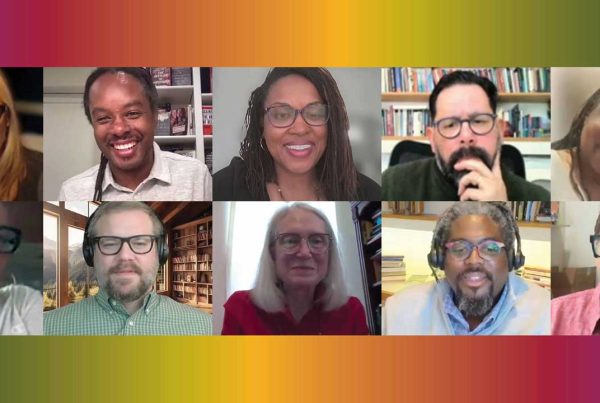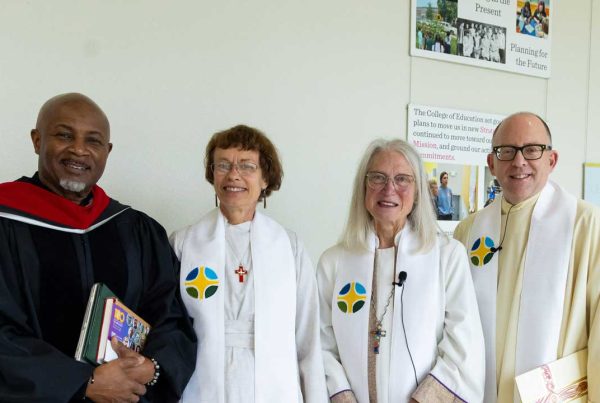Contributed by Lindsey Rabinowitch, Executive Director, Faith & Action Project
Connection. Motivation. Family. Support.
These are the words Michael A. Beard Jr. uses to describe his experience with Faith & Action Grant recipient You Yes You! Project.
A father and participant in YYY programs to help fathers connect with their kids during and after incarceration, Michael had been out of prison for 8 months when spoke with him while filming 2021 grant recipient videos. Asked what keeps him motivated to stay on the right track, he credited his family and Ericka from YYY. Clearly working hard to do the right thing, Michael says YYY helps him focus on walking a different path for his family.
“YYY has supported me after my release and taught me skills and better ways to communicate with my kids and my wife,” he says. “Ms. Ericka teaches us skills and helps us stay positive.”
Having a relationship with his family – and especially with his kids – was hard while being incarcerated, Michael says, and even after his release. YYY made it possible for him to repair the relationship with his wife and kids and enjoy regular family activities going to the zoo.
As I talked with Michael, I was reminded that incarceration is not a punishment only for the person convicted of a crime, but also for the family left behind. A mother and kids are left to fend for themselves, to grapple with the absence of the father, and to make sense of how to move forward.
If I’m honest, I have to say that, as a parent of two teenagers, I sometimes find it hard enough in a normal setting to connect with them because they are so preoccupied with school, friends, and activities. I can’t imagine adding the further complication of trying to stay connected with them while in prison. It must at times seem hopeless.
That’s why programs such as YYY can be so transformative. They allow the fathers to connect with their kids in fun and engaging ways … ways that create memories and that motivate men to do better. As a result, kids don’t just associate their fathers with the justice system. They can come to associate them connection, motivation, family and support. In other words, they can see them as fathers.






